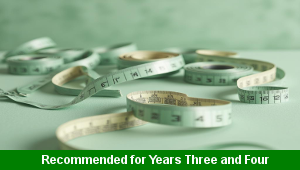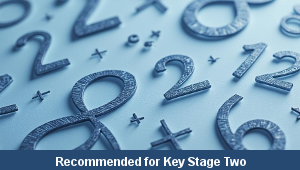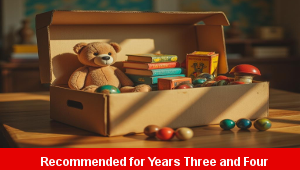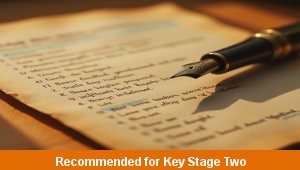English Year Four Planning Term Three
Discover some schemes of work, lesson plans, classroom worksheets and interactive activities to develop skills in English for Year Four in Key Stage Two covering a range of fiction, non-fiction and poetry topics and themes
Theme One
Communities
Investigate stories that raise issues about friendships and relationships, create adverts using persuasive writing, compose poems using figurative language, practise adding suffixes to word roots and use expanded noun phrases to describe different communities

(A) School Issues
Explore the narrative structure and characters that feature in a story about school and friendship, add suffixes to word roots and write sentences with more than one clause

(B) Friendships
Practise planning and composing a narrative story based on reading describing a personal issue or dilemma about school life, investigate how to add suffixes to word roots and extend sentences using fronted adverbials

(C) Estate Agents
Compose and edit adverts using persuasive language to sell different houses as estate agents, investigate the spellings and meanings of of words that are homophones and practise selecting powerful adjectives to use when writing expanded noun phrases

(D) Radio Commercial
Practise using persuasive language to write newspaper adverts and radio commercials to sell houses, explore and use spellings of words that are near homophones and practise writing expanded noun phrases

(E) Special Places
Create descriptive images to use in poetry to describe different places in the local community, identify and record the double meanings of words that are homonyms and build expanded noun phrases using powerful adjectives and prepositions
-

Length Calculations
Practise using number calculations skills for addition, subtraction, division and multiplication when solving problems related to length measurements
-

Maths Calculations Assessment
Assess abilities in solving a range of different number problems for addition and subtraction when working with informal and formal written calculations
-

Determinant Lists
Explain and model how to make lists of objects used and found in different locations to match the correct determinants of a and an
-

English SPAG Assessment
Assess abilities in composing sentences for fiction and non-fiction using the correct spellings, punctuation marks and grammar vocabulary phrases
